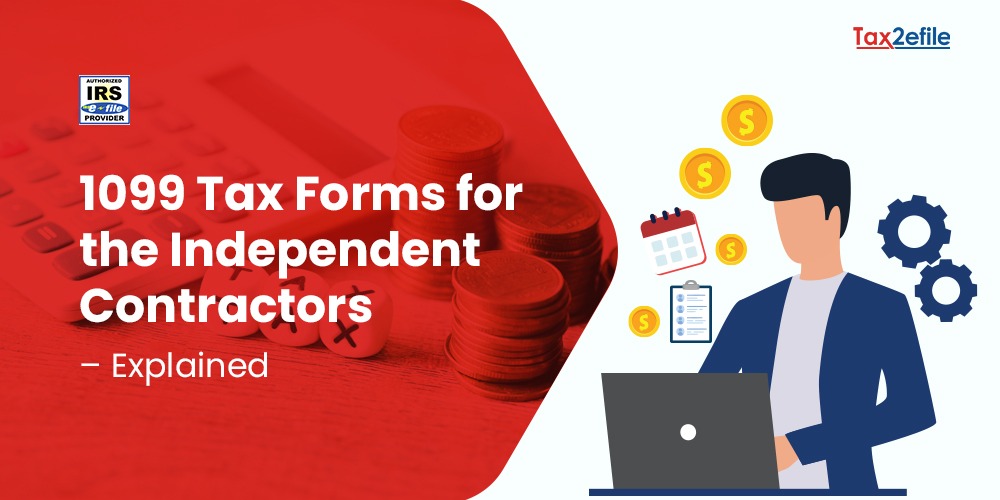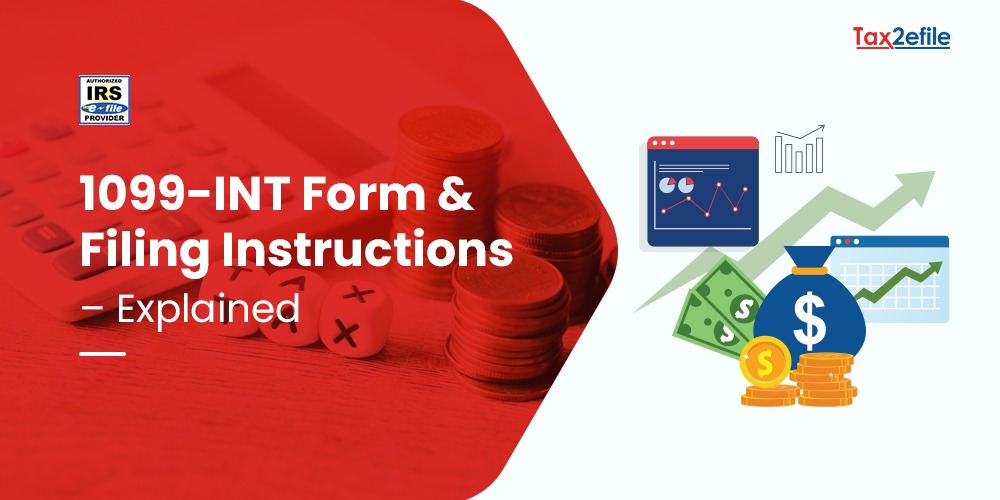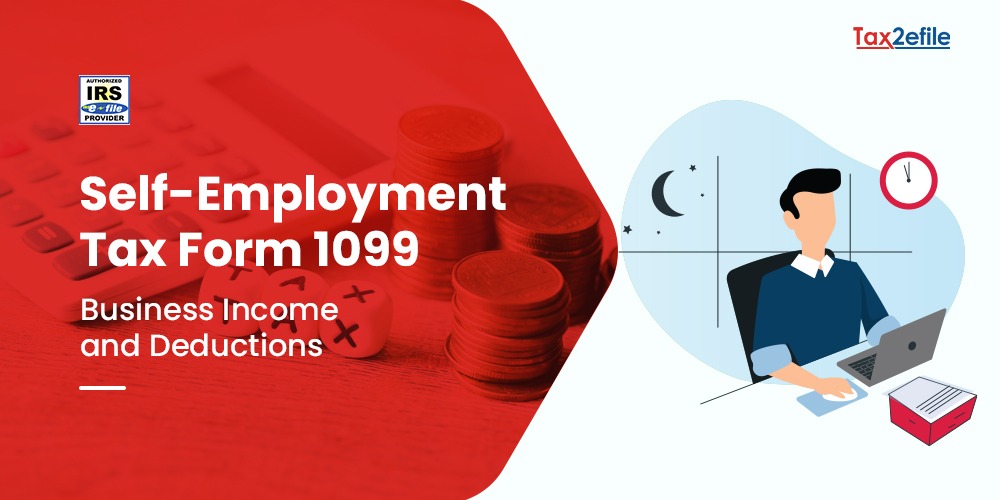- January 11, 2015

1099-MISC Box 15a and 15b – Section 409A Deferrals and Income – Nonqualified deferred compensation plans are used by businesses to supplement existing qualified plans and provide an extra benefit to key personnel and highly compensated employees. In small businesses, this usually includes the owner and founder. Broadly defined, a nonqualified deferred compensation plan (NDCP) is a contractual agreement in which a participant agrees to be paid in a future year for services rendered this year. Deferred compensation payments generally commence upon termination of employment (e.g., retirement) or pre-retirement death or disability. Nonqualified deferred compensation plans are often geared toward anticipated retirement in order to provide cash payments to the retiree and to defer taxation to a year when the recipient is in a lower tax bracket.
There are two broad categories of nonqualified deferred compensation plans: elective and non-elective. In an elective NDCP, an employee chooses to receive less current salary and bonus compensation than he or she would otherwise receive, postpone the receipt of that compensation until a future tax year. Non-elective NDCPs are plans in which the employer funds the benefit and does not reduce current compensation in order to fund future payments. Such plans are, in essence, post-termination salary continuation plans. The argument behind such non-elective plans, funded by employers, is the retention of key employees.
Herein with regard to IRS 1099-MISC form, non-qualified deferred compensation is generally reported using Box 15 of 1099-MISC. Deferred compensation occurs when compensation is earned in one year but paid in a later year. Most plans that distribute this type of compensation are limited to use and designed for a very specific purpose. If the plan fails to fully meet provisions of Section 409A, the income should be reported using Box 15b. Income reported in Box 15b should also be reported in Box 7 of this form. The reason for including payments in both boxes is that amounts reported in Box 15b may be subject to additional tax. Appropriate use of Boxes 15a and 15b help payees and the IRS correctly calculate the amount of tax owed. Reporting related to Section 409A can be particularly complex and the direct assistance of benefit plan expert’s help is necessary and warranted. The standard $600 reporting threshold applies to Box 15a non-qualified deferred compensation. There is no minimum threshold for Form 1099-misc Box 15b compensation. Tax form 1099-MISC now can be easily e-filed through us.
Register Today and Efile 1099 Pending Tax Returns.


